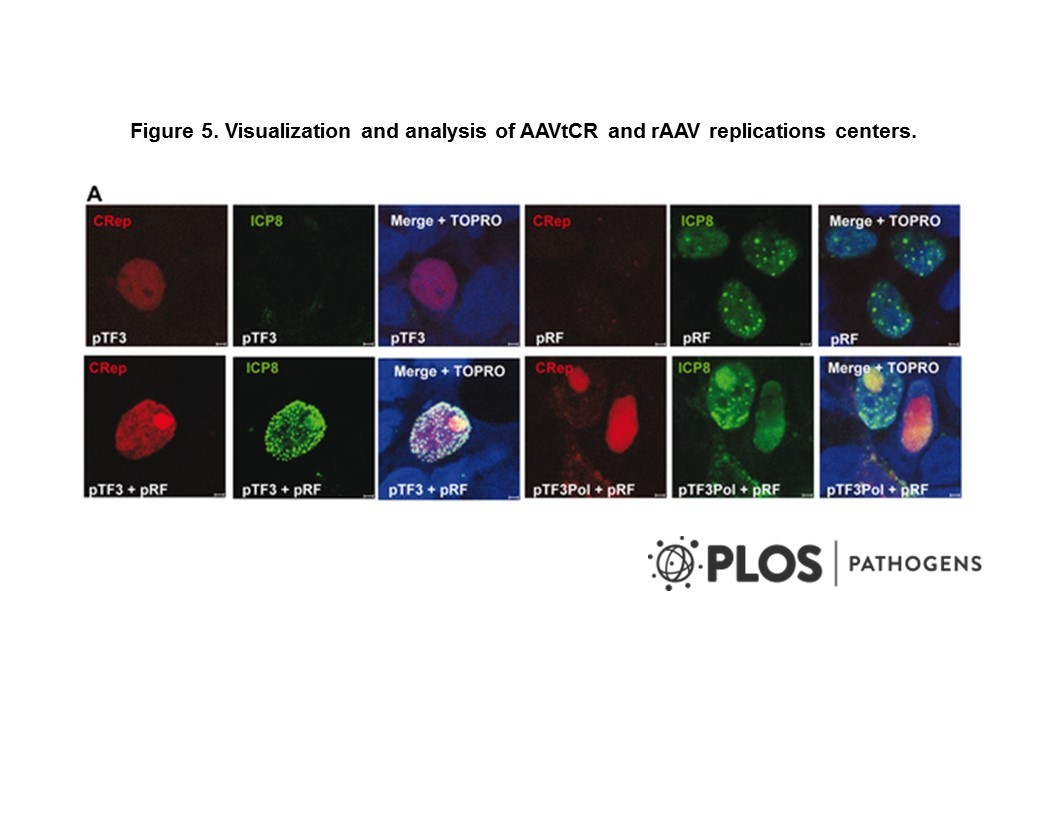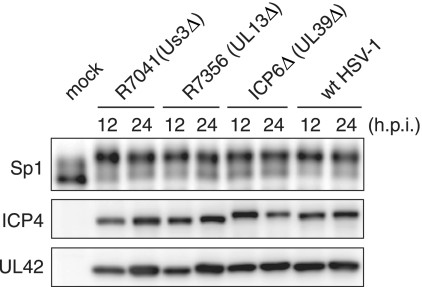
Cat. #151160
Anti-Thrombospondin receptor [SMT]
Cat. #: 151160
Sub-type: Primary antibody
Unit size: 100 ug
Availability: 3-4 weeks
Target: Thrombospondin receptor (CD36)
Class: Monoclonal
Application: FACS ; IHC ; IP ; Fn ; WB
Reactivity: Human
Host: Mouse
£300.00
This fee is applicable only for non-profit organisations. If you are a for-profit organisation or a researcher working on commercially-sponsored academic research, you will need to contact our licensing team for a commercial use license.
Contributor
Inventor: Nancy Hogg
Institute: Cancer Research UK, London Research Institute: Lincoln's Inn Fields
Primary Citation: Hogg et al. 1984. Immunology. 53(4):753-67. PMID: 6389324.
Tool Details
*FOR RESEARCH USE ONLY (for other uses, please contact the licensing team)
- Name: Anti-Thrombospondin receptor [SMT]
- Alternate name: SMO
- Research fields: Cancer;Cell biology;Cell signaling and signal transduction;Metabolism;Neurobiology;Stem cell biology;Tissue-specific biology
- Clone: SMT
- Tool sub type: Primary antibody
- Class: Monoclonal
- Conjugation: Unconjugated
- Strain: Balb/c
- Reactivity: Human
- Host: Mouse
- Application: FACS ; IHC ; IP ; Fn ; WB
- Description: CD36 is a class B scavenger receptor found in vascular endothelium, platelets and monocytes. CD36 binds thrombospondin and oxidised low density lipoprotein (LDL).
- Immunogen: Tonsil cells and PBM
- Isotype: IgM
- Myeloma used: P3/NS1/1-Ag4.1
Target Details
- Target: Thrombospondin receptor (CD36)
- Target background: CD36 is a class B scavenger receptor found in vascular endothelium, platelets and monocytes. CD36 binds thrombospondin and oxidised low density lipoprotein (LDL).
Applications
- Application: FACS ; IHC ; IP ; Fn ; WB
Handling
- Format: Liquid
- Concentration: 1 mg/ml
- Unit size: 100 ug
- Storage buffer: PBS with 0.02% azide
- Storage conditions: -15° C to -25° C
- Shipping conditions: Dry ice
References
- Pilling et al. 2009. PLoS One. 4(10):e7475. PMID: 19834619.
- Identification of markers that distinguish monocyte-derived fibrocytes from monocytes, macrophages, and fibroblasts.
- Biswas et al. 2007. PLoS Pathog. 3(9):1271-80. PMID: 17907801.
- Plasmodium falciparum uses gC1qR/HABP1/p32 as a receptor to bind to vascular endothelium and for platelet-mediated clumping.
- Pain et al. 2001. Proc Natl Acad Sci U S A. 98(4):1805-10. PMID: 11172032.
- Platelet-mediated clumping of Plasmodium falciparum-infected erythrocytes is a common adhesive phenotype and is associated with severe malaria.
- Wintergerst et al. 2000. Eur J Biochem. 267(19):6050-9. PMID: 10998066.
- Apoptosis induced by oxidized low density lipoprotein in human monocyte-derived macrophages involves CD36 and activation of caspase-3.
- Hogg et al. 1984. Immunology. 53(4):753-67. PMID: 6389324.
- Monoclonal antibodies specific for human monocytes, granulocytes and endothelium.

![Anti-CAR Whitlow Linker [1C3C3]](https://cancertools.org/wp-content/uploads/Figure-6-Kimble-et-al.-J-Immunother-Cancer-2025-300x322.jpg 300w, https://cancertools.org/wp-content/uploads/Figure-6-Kimble-et-al.-J-Immunother-Cancer-2025-280x300.jpg 280w, https://cancertools.org/wp-content/uploads/Figure-6-Kimble-et-al.-J-Immunother-Cancer-2025-954x1024.jpg 954w, https://cancertools.org/wp-content/uploads/Figure-6-Kimble-et-al.-J-Immunother-Cancer-2025-768x824.jpg 768w, https://cancertools.org/wp-content/uploads/Figure-6-Kimble-et-al.-J-Immunother-Cancer-2025.jpg 1193w)

![Anti-CAR Whitlow Linker [1B4A1]](https://cancertools.org/wp-content/uploads/Figure-5-Kimble-et-al.-J-Immunother-Cancer-2025-300x396.jpg 300w, https://cancertools.org/wp-content/uploads/Figure-5-Kimble-et-al.-J-Immunother-Cancer-2025-227x300.jpg 227w, https://cancertools.org/wp-content/uploads/Figure-5-Kimble-et-al.-J-Immunother-Cancer-2025-776x1024.jpg 776w, https://cancertools.org/wp-content/uploads/Figure-5-Kimble-et-al.-J-Immunother-Cancer-2025-768x1013.jpg 768w, https://cancertools.org/wp-content/uploads/Figure-5-Kimble-et-al.-J-Immunother-Cancer-2025.jpg 970w)


